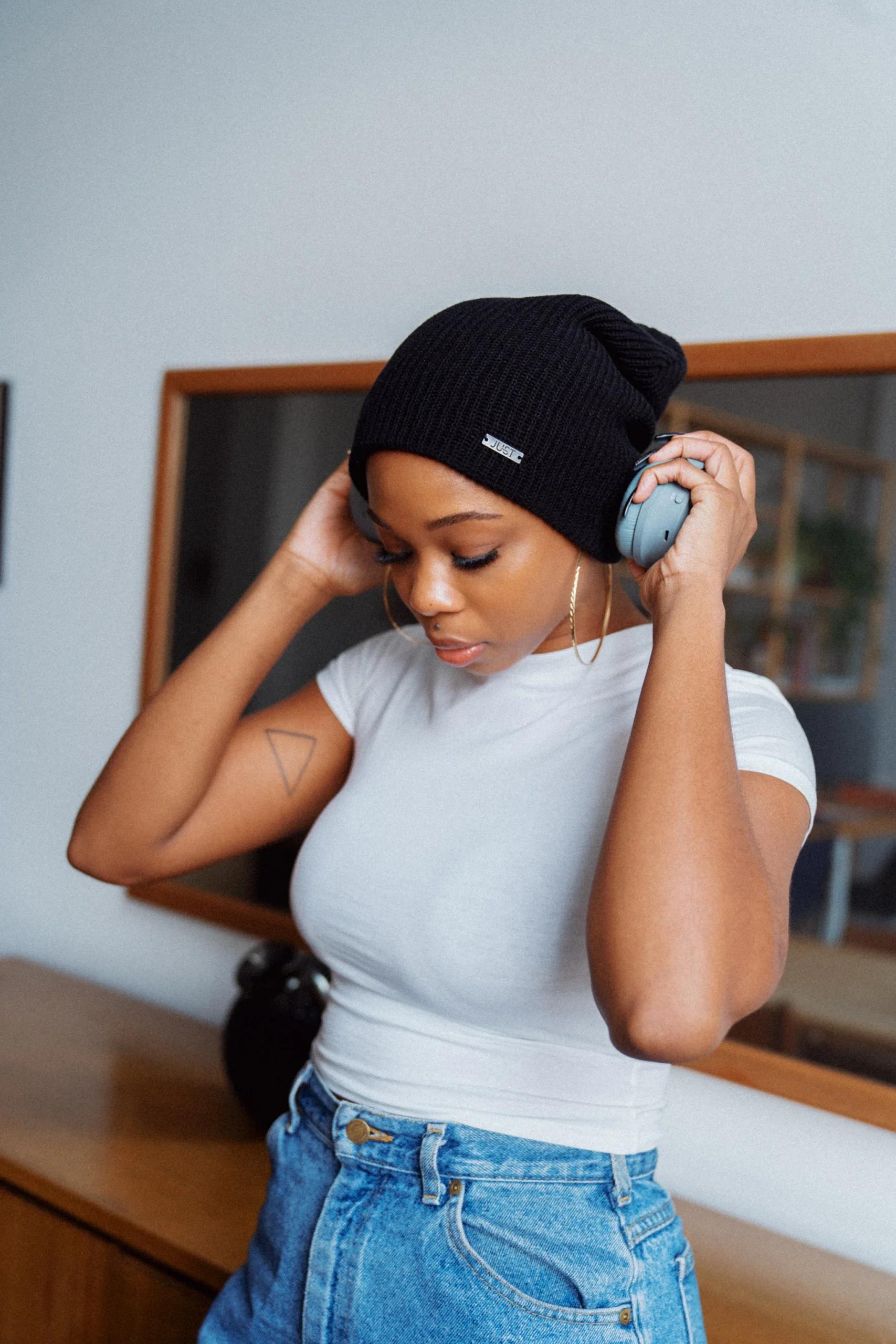Fresh off the heels of a victory in its own ten-year court fight, Google made a game-changing announcement recently: The company says it will now legally defend some of the YouTube video creators who are facing copyright claims, because it believes their works are fair use.
Much of the content on the video-sharing site makes use of existing materials, and the company gets a barrage of requests from copyright holders to remove things. When a copyright holder suspects that their rights are being violated online, they can file a takedown notice with the website where the allegedly infringing material was posted under the Digital Millennium Copyright Act (DMCA), which was enacted in 1998 to fight the spread of online piracy. Then, the law helps websites that remove this content avoid liability in two ways: (1) They’re shielded from claims of contributory infringement, and (2) if it turns out that the material was not actually infringing, the user who posted it can’t file any claims against the website for taking it down in good faith.
The doctrine of fair use is supposed to balance the protections afforded to copyright holders. It allows someone to use the work of another without permission, depending on the outcome of a four-prong test that takes a lot of factors into consideration. (As a side note, this is how Google won its case.)
With the system set up this way, the problems are pretty easy to see. Most websites don’t fight DMCA takedowns because they benefit from simply obliging. Even Google admits that the number of times it has asked copyright claimants to confirm they conducted a fair use analysis before submitting a takedown notice is very small, which a court recently held that copyright holders must do.
And users have always had the option of filing a counter notice under the DMCA and claiming fair use—usually requiring a lawyer to examine the situation because the test is not clear-cut— but this action is a really huge risk because it opens the door to the possibility of a legal fight. A million-dollar company can literally afford to take on an expensive, years-long battle over a few minutes of video; the average person cannot. In the end, majority of people aren’t going to mount a fair use defense after getting a takedown notice, even if they have a really good case for it. This situation is one of the reasons Google cites for the change in policy: “[W]e recognize that creators can be intimidated by the DMCA’s counter notification process, and the potential for litigation that comes with it.”

Where creative minds come together
So far, Google has only protected four videos and it will continue to protect only a small number of the ones it deems are the very best representations of fair use, but this step speaks volumes. One of the most well known companies in the world is now lending a powerful voice to fair use, which has always seemed to be the tool of
“the little guy.” This move reaffirms the idea that content that comments on, parodies, or creatively reuses existing works matters, too; fair use is just as valuable to copyright law as the exclusive rights given to the original creators. It’s great to see Google openly supporting that.
We can help you determine if your use of another’s work falls under fair use. Contact The Fried Firm for more information.



